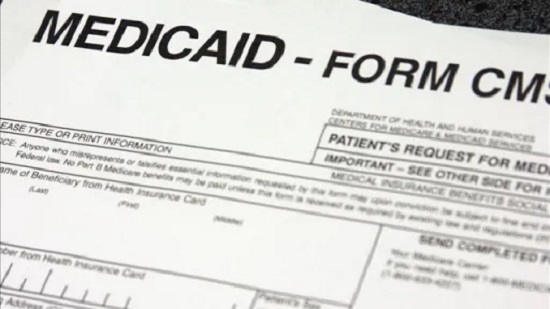LANSING, Mich. – A recent survey conducted by EPIC MRA, a Lansing-based survey research firm, has revealed that Medicaid remains a highly valued program among Michigan voters. Commissioned by several key healthcare organizations, including the Community Mental Health Association of Michigan, Michigan Association of Health Plans, Michigan Health & Hospital Association, Michigan Primary Care Association, and Protect MI Care, the poll highlights broad support for the federal-state program that provides health insurance for one in four Michigan residents.
The survey, conducted between April 28 and May 3, 2025, questioned 600 likely Michigan voters on their attitudes toward Medicaid. The results demonstrate widespread recognition of the program’s importance, both on a personal and community level.
Medicaid’s Importance to Michiganders
According to the poll, 65% of respondents said Medicaid is important, while just 14% disagreed. The program’s significance extends beyond individuals, with 76% of voters indicating that it is crucial for their family members and friends. The support grows even stronger when it comes to local communities, with 86% of voters saying that Medicaid is important for people in their neighborhoods.
These findings underscore the central role Medicaid plays in the lives of many Michigan residents, whether directly through health insurance or indirectly through the well-being of family and community members.
Personal Impact and Family Connections
The survey also delved into the personal connections Michigan voters have with Medicaid. It revealed that 39% of respondents or their family members—whether children, elderly parents, or other dependents—are currently covered by Medicaid or receive home health or nursing care services supported by the program. This connection to Medicaid underscores its importance to a significant portion of Michigan households.
Views on Medicaid Funding and Changes
When asked about potential changes to Medicaid, the survey found a notable shift in how voters perceive proposed adjustments. A majority, 62%, believe that any changes to the program are more about reducing federal government spending than improving its effectiveness. Only 27% of respondents were undecided or did not agree with this assessment.
In terms of future funding, 54% of voters expressed a preference for maintaining Medicaid spending at current levels, while 29% advocated for increasing it. This indicates a strong desire among Michiganders to sustain the program, even in the face of ongoing budget discussions at the federal and state levels.
Opposition to Medicaid Cuts for Tax Cuts
The survey also gauged public sentiment about the potential use of Medicaid funding to pay for tax cuts, an issue that has surfaced in political debates. A resounding 82% of voters opposed using Medicaid spending for tax cuts, indicating that most Michigan residents are unwilling to compromise the program’s funding for other fiscal priorities.
State Medicaid Spending Cuts
Voters also expressed opposition to state-level Medicaid cuts that could result in a budget deficit for Michigan. Seventy-one percent of respondents opposed such cuts, while just 16% were in favor. This finding suggests that voters are strongly resistant to policies that could reduce Medicaid funding at the state level and potentially harm the program’s ability to serve Michigan’s most vulnerable populations.
The EPIC MRA survey highlights the deep support Michigan voters have for Medicaid, reflecting its crucial role in the state’s healthcare system. With a significant portion of the population relying on the program for health insurance and care, voters overwhelmingly oppose efforts to reduce or redirect Medicaid funding, particularly for purposes like tax cuts. As policymakers continue to debate the future of Medicaid, these findings make it clear that the program remains a vital lifeline for many Michigan residents, with voters prioritizing its stability and continued support.












